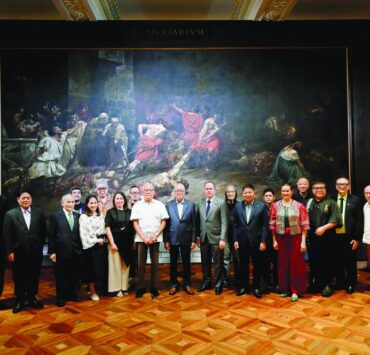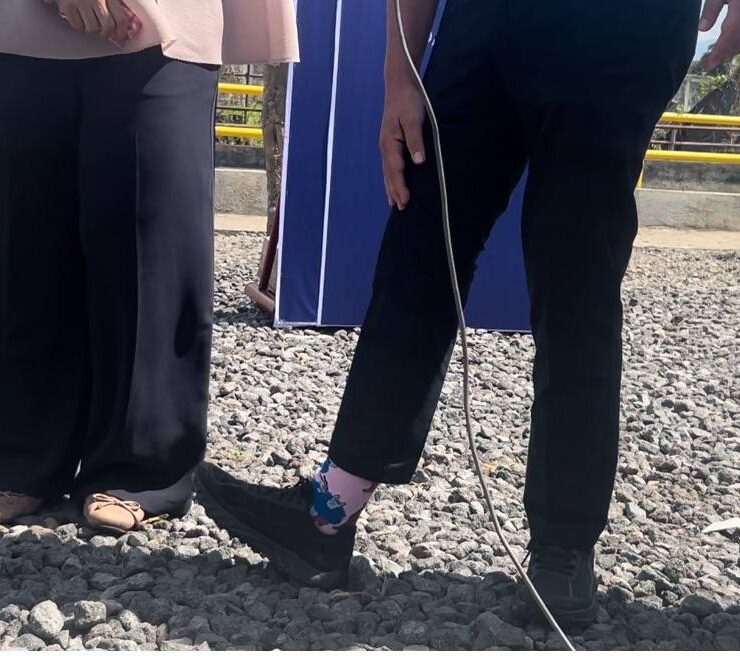Last call: CEOs outline priorities for Marcos
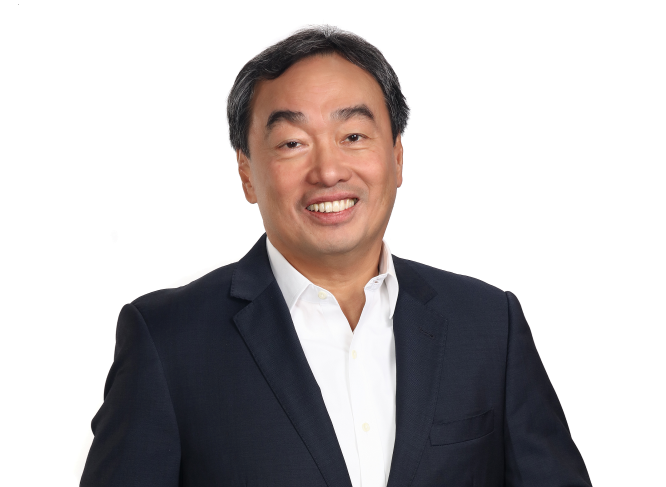
In his fourth State of the Nation Address, President Marcos touted the country’s strong macroeconomic fundamentals, improved investor confidence, rise in employment numbers and the steady decline in inflation.
However, these hard-fought gains are meaningless, Mr. Marcos underscored, unless they translate into a better quality of life for the majority of Filipinos.
He readily acknowledged growing public frustration with the availability and quality of government services, and pledged to direct his administration’s energy toward righting these wrongs.
As he begins the last half of his six-year term, Mr. Marcos has committed to address the country’s long-standing problems, including pervasive poverty, corruption and inadequate and inefficient infrastructure.
But what exactly should Mr. Marcos do over the next three years to make a difference and leave the country better than he found it in 2022?
We posed this question to some of the country’s leading business leaders and here are their suggestions:
“We are hopeful for a strong and focused government drive to accelerate infrastructure delivery. Private capital is abundant and ready to participate. What’s urgently needed is a more coordinated push to streamline approvals and resolve longstanding bottlenecks. Fast-tracking high-impact projects will not only generate jobs and reduce logistics costs but also enhance the Philippines’ competitiveness as a regional hub for trade, manufacturing and services.”
Frederic C. DyBuncio
President
SM Investments Corp.
“In the next three years, I hope to see the Build Better More program not just continue but gain speed—expanding roads, railways, seaports and airports. I also hope to see initiatives that would further strengthen our digital backbone and ensure stable power supply across the country. All these are critical to connecting our people, sustaining growth and opening more opportunities for every Filipino.”
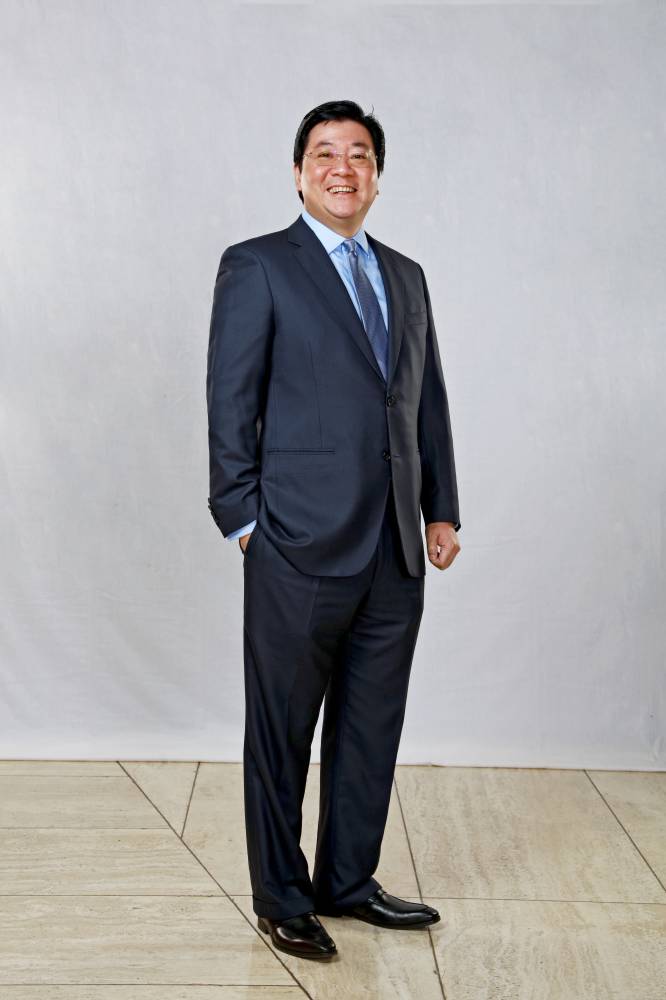
Fabian Dee
President
Metrobank
“We are hopeful that the national government will continue its strategic and decisive efforts to enhance the country’s competitiveness in manufacturing. This includes investing in infrastructure, streamlining regulations and fostering a dynamic business environment that attracts both local and foreign investments. These actions are essential to positioning the Philippines as a key player in the global economy.”

Fredy Ong
CEO and Chairperson
Unilever PH
“Good governance and government soliciting active private sector participation are areas critical for the Philippines’ continued rise. The continued development and delivery of transportation infrastructure will be crucial for the Philippines. In particular, upgrading existing airports to take on A321NEOs will allow jet economics to push for increased affordability and accessibility not just for our fellow Filipinos to be able to travel easily across the archipelago but also for tourists, both domestic and foreign, to access many beautiful parts across the country and help create jobs. We look forward to work with the administration to continue the development of the tourism industry which is critical in job development and nation building.”

Xander Lao
President and Chief Commercial Officer
Cebu Pacific
“If there is one thing I would ask President Marcos Jr. to champion in his remaining term, it would be the full-scale upgrade of our entire power system—generation, transmission and distribution—anchored on having the right energy portfolio mix to ensure reliability, affordability and sustainability. With the government and private sector working hand in hand, we can establish a future-ready system that not only keeps the lights on—but powers a better tomorrow for every Filipino.”

Emmanuel V. Rubio
President and CEO
Meralco PowerGen Corp.
“Ensure big-ticket infrastructure and PPPs (Public-Private Partnerships) move without delay or disruption. Decide on merit, deliver right-of-way in a timely manner by protecting the funding—and above all, keep private partners confident by honoring our contracts. That’s how we build infrastructure that connects people, powers progress and sustains growth.”

Jose Ma. Lim
President & CEO
Metro Pacific Tollways Corp.
“The Philippines’ BPO sector is one of the strongest pillars of our economy. With the continuous evolution of the global business landscape, I believe our country is ready to move to the next stage of outsourcing. I would like to see us moving beyond traditional voice-based services to Knowledge Process Outsourcing and AI (artificial intelligence)-powered capabilities, such as data analytics, medical transcription and legal process outsourcing, to name a few. With the right policies to foster innovation and upskill our workforce, the Philippines has the potential to become the top digital services hub in the Asean, strengthening our economic resilience and promoting global competitiveness.”

Nina D. Aguas
Executive Chairperson
InLife
“AI could unlock significant socio-economic value for the Philippines, and to deliver on our national ambition of AI-powered inclusive innovation, accelerating investments in workforce transformation is key. Continued investment in strengthening public-private partnerships to democratize AI learning, integrating AI into education curricula and promoting vocational reskilling programs can be a growth multiplier. By bolstering the collaborative ecosystem which includes government, industry, and academia and by encouraging businesses to invest in AI adoption and workforce development, we can fast-track innovation-led growth, creating new opportunities for all Filipinos.”
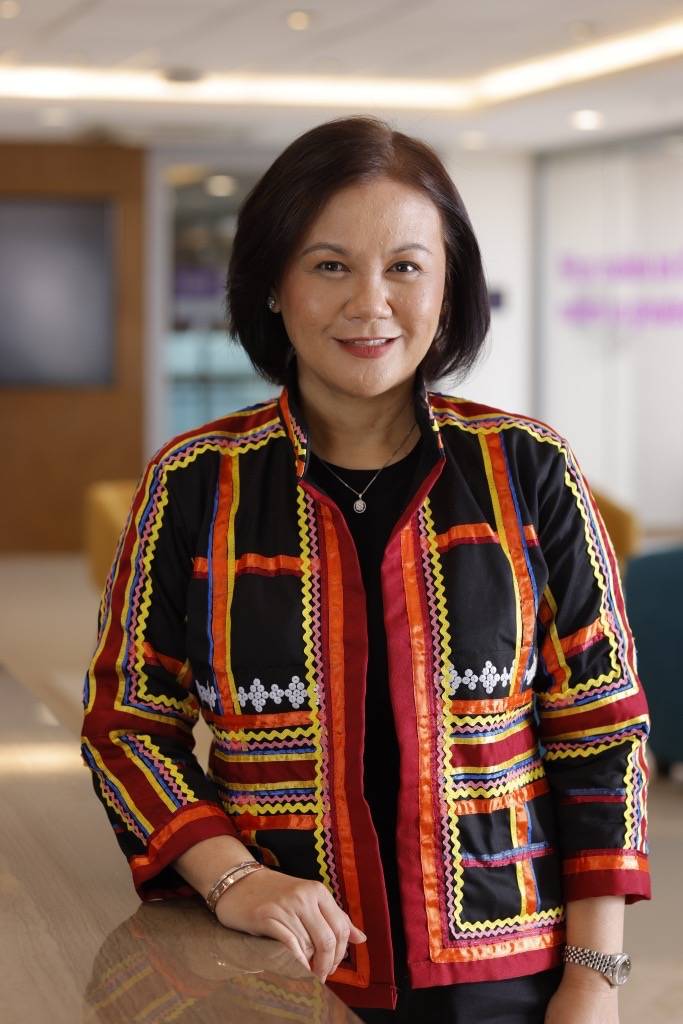
Ambe Tierro
Country Managing Director and Technology Lead
Accenture in the Philippines
“If there’s one thing I hope to see in the next three years, it’s a more coordinated and sustained national effort to uplift micro, small and medium enterprises (MSMEs), particularly those operating outside major urban centers. MSMEs form the backbone of our economy, driving employment, innovations and community-level growth. When they are equipped with the right tools, such as accessible financing, reliable infrastructure and digital capabilities, they thrive and multiply their impact across society. We’ve seen at Asialink how access to the right kind of support, whether in the form of fast and flexible financing or simplified processes, can transform a small business and, in turn, uplift an entire community. This is why it is critical that both public and private sectors work hand in hand to remove long-standing barriers and create a more enabling environment for entrepreneurs. When MSMEs are empowered to succeed, the rest of the country moves forward with them.”
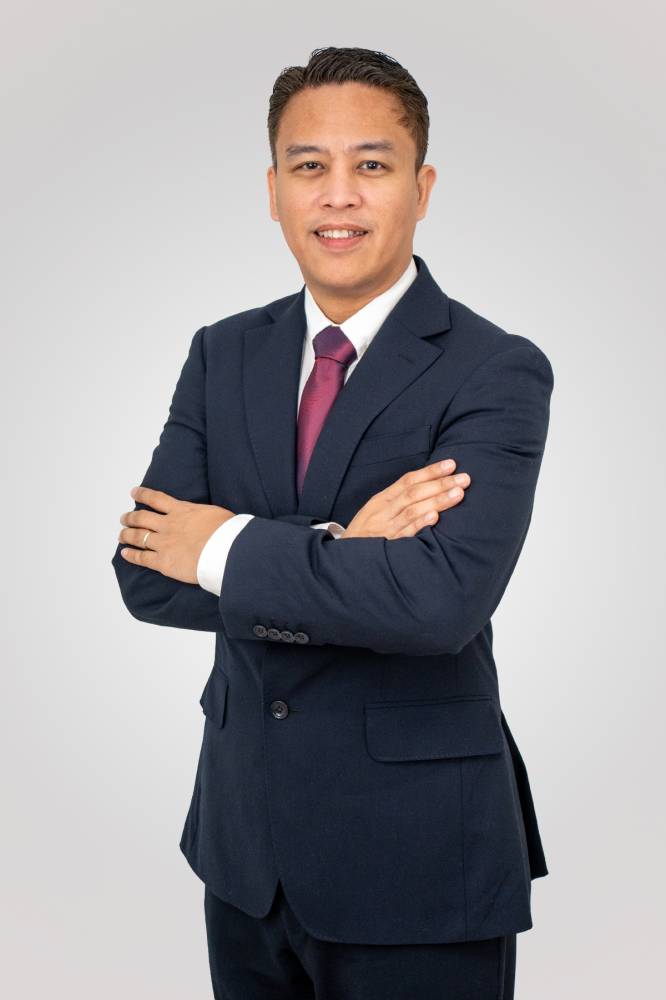
Samuel Z. Cariño
President and CEO
Asialink Finance Corp.
“A key priority for the next three years must be strengthening and continuing the fight against bad actors and fraudulent activities, which have become more prevalent in the digital space. We support the government’s decisive enforcement to protect consumers and build a credible environment for legitimate fintech companies. Simultaneously, the fast-tracked rollout and improvement of a unified digital ID like PhilSys would be a powerful tool in this fight, as it would greatly strengthen our identity verification and anti-fraud measures, thereby helping companies like Tala to build greater trust and confidence with the Filipino public.”
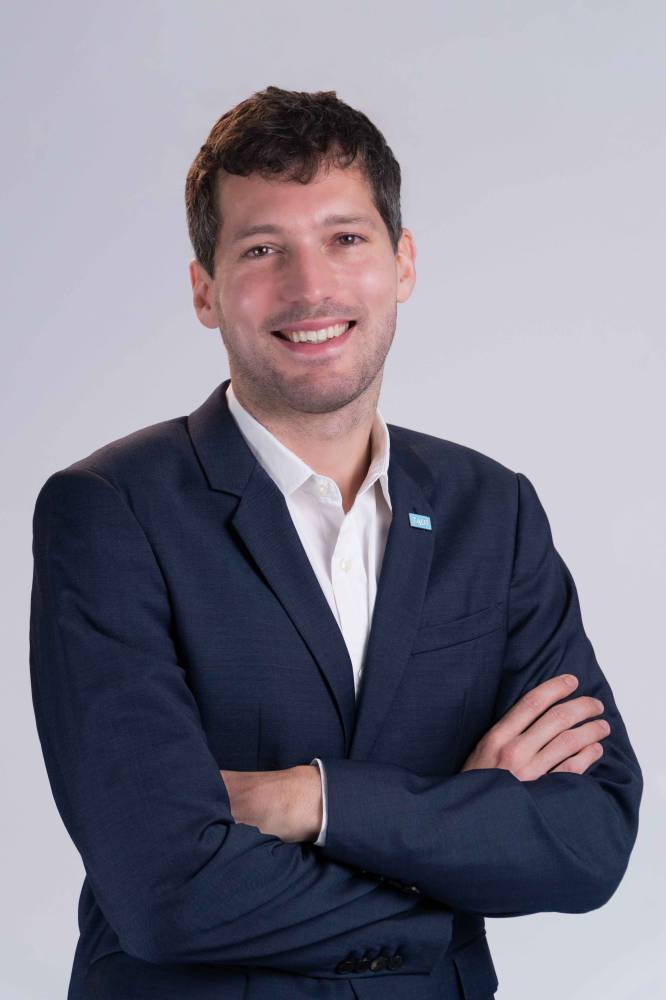
Moritz Gastl
General Manager
Tala Philippines
“If there’s one thing I would want President Marcos to focus on in the next three years, it would be to push for reforms that broaden and deepen the Philippine capital markets.
While our stock market is one of the oldest in the region, it still lags behind our Asean neighbors, with only about 2 percent of Filipinos holding a stock investment account.
The Capital Markets Efficiency Promotion Act (CMEPA) is a strong step forward notably reducing the stock transaction tax from 0.6 percent to 0.1 percent.
However, more can be done, such as providing tax incentives for both private and government-owned companies to list on the PSE, and embedding financial literacy in the education curriculum to equip Filipinos with the knowledge and confidence to invest.
These measures would help create a more inclusive and vibrant capital market that supports economic growth and wealth-building for more Filipinos.”

Marlyne Y. Fernandez
President
Unicapital Securities, Inc.
“We value the government’s efforts to strengthen the financial sector and digital transformation, which have built a foundation for inclusive growth. Building on this progress, it would be exciting to see initiatives such as nationwide digital literacy programs, stronger consumer protection policies and greater support for fintech innovations that enable all Filipinos to access affordable and empowering financial services. By making financial inclusion a national priority and raising public awareness of these programs, we can create more opportunities, build trust in the financial system and uplift communities across the Philippines.”

Pia Arrelano
CEO and President
CIBI
“In developing countries like the Philippines, financial protection and literacy are areas that tend to be overlooked in favor of meeting more basic and immediate everyday needs. However, I believe that these can be strong foundations for a more financially empowered citizenry and sustainable economic progress.
The Philippines currently ranks in the bottom 30 out of 144 countries globally in financial literacy, with only 25 percent of adult Filipinos who are knowledgeable about basic financial concepts like savings and investments.
For insurance, the penetration rate in the Philippines is very low at less than 2 percent, with most Filipinos remaining either uninsured or underinsured.
This means that when calamities or health issues arise, most Filipinos are not financially prepared. And financial well-being is not only an economic concern. It affects one’s overall state, and if prevalent, the morale and mental health of the population.
A global survey conducted by AXA in 2025, called the AXA Mind Health Report, revealed that nearly 7 out of 10 Filipinos experience at least mild forms of anxiety, stress, or depression as a result of financial instability– one of the highest among many countries surveyed around the world. These figures underscore the urgent need to ensure that every Filipino, regardless of age, income level, or where they live, has access to the knowledge and tools to make informed decisions about their financial future.
This includes not only teaching the basics of saving and budgeting but also deepening awareness of the importance of long-term financial planning. When people understand how to protect themselves and their loved ones, especially from life’s uncertainties, they become more resilient and confident in pursuing their goals and their drive for progress.
Public-private collaboration can be a powerful driver of this change, and insurance can very well partner with the government in making financial literacy and protection a basic life skill.
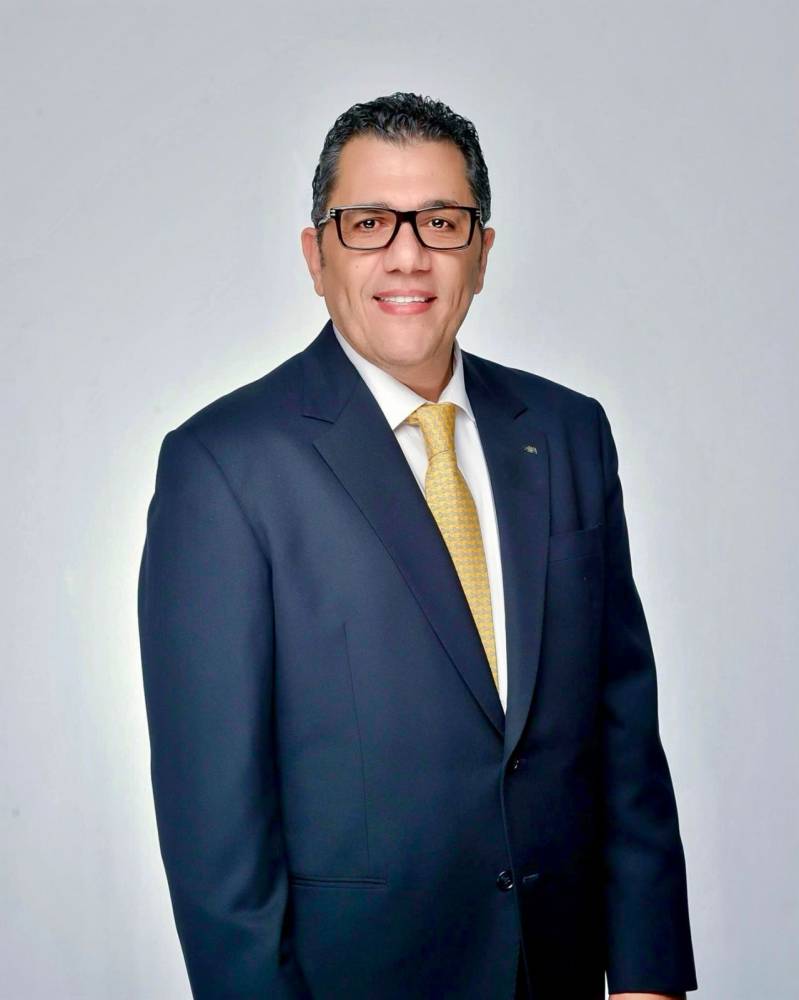
Ayman Kandil
CEO
AXA Philippines
“As President Marcos enters the second half of his term, we hope to see more support for industries that can help our economy grow and create more opportunities for Filipinos. Companies that take care of people and the planet should be encouraged with the right incentives, so we can continue to contribute to the country via sustainable business growth. For the food industry, what we need are fair and balanced policies that protect consumers while giving businesses the chance to grow and innovate. We can build something better together for our country.”
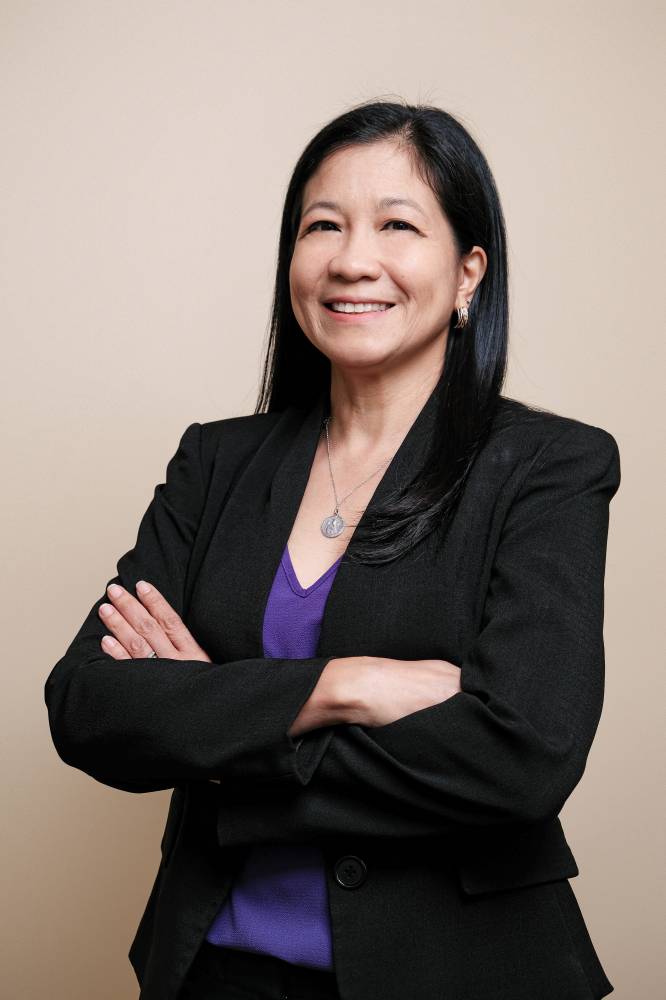
Aleli Arcilla
Managing Director
Mondelez Philippines
At Rex Education, we respectfully urge President Ferdinand R. Marcos Jr. to mandate his departments, bureaus, agencies, and government instrumentalities to prioritize education programs that ensure the Filipino learner is healthy, safe, engaged, supported, challenged, and values-oriented.
Critical to Early Childhood Education, we hope the Administration can invest in and fast-track increasing the number of trained and certified child development workers and teachers nationwide. For Basic Education, we hope the delays in implementing targeted interventions arising from government-led assessments can be addressed swiftly.
Furthermore, we call on our government to operationalize complementarity between public and private education in Higher or Tertiary Education. Currently, private school enrollments have severely declined, diminishing the ability of the private sector to help alleviate problems in public education.
Finally, Rex Education hopes that for the next 3 years of the president’s leadership, the government can institutionalize equitable access to quality education for all types of Filipino learners, wherever they may be and regardless of their background.

Don Timothy I. Buhain
Chief Executive Officer
Rex Education
At TP in the Philippines, we sincerely thank President Marcos for his continued support for the digital services industry, particularly through initiatives like the Enterprise-Based Education and Training program and others. We remain excited for further initiatives that will help enhance access to emerging IT services—such as AI and analytics—which are vital in advancing the Philippines as a leading hub for digitally enabled services.”
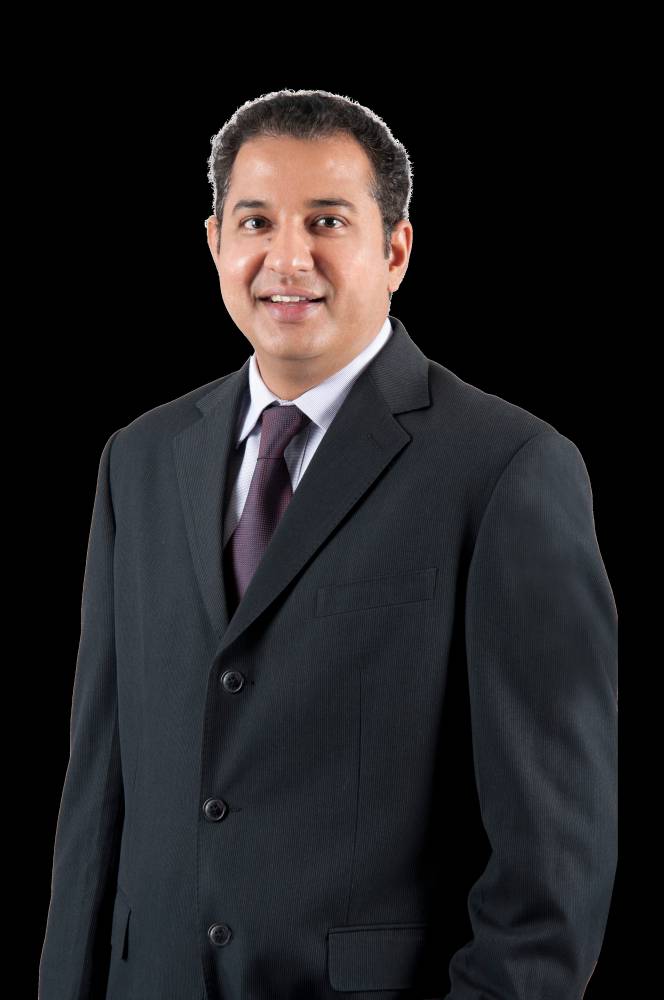
Rahul Jolly
CEO
TP in the Philippines
“I hope President Marcos can focus on policies that strengthen local industries—especially food manufacturing—so we can make nutritious, sustainable products more accessible to Filipino families while proudly bringing our brands to the global stage.”

Michelle Tiu Lim Chan
President and CEO
Mega Prime Foods, Inc.















